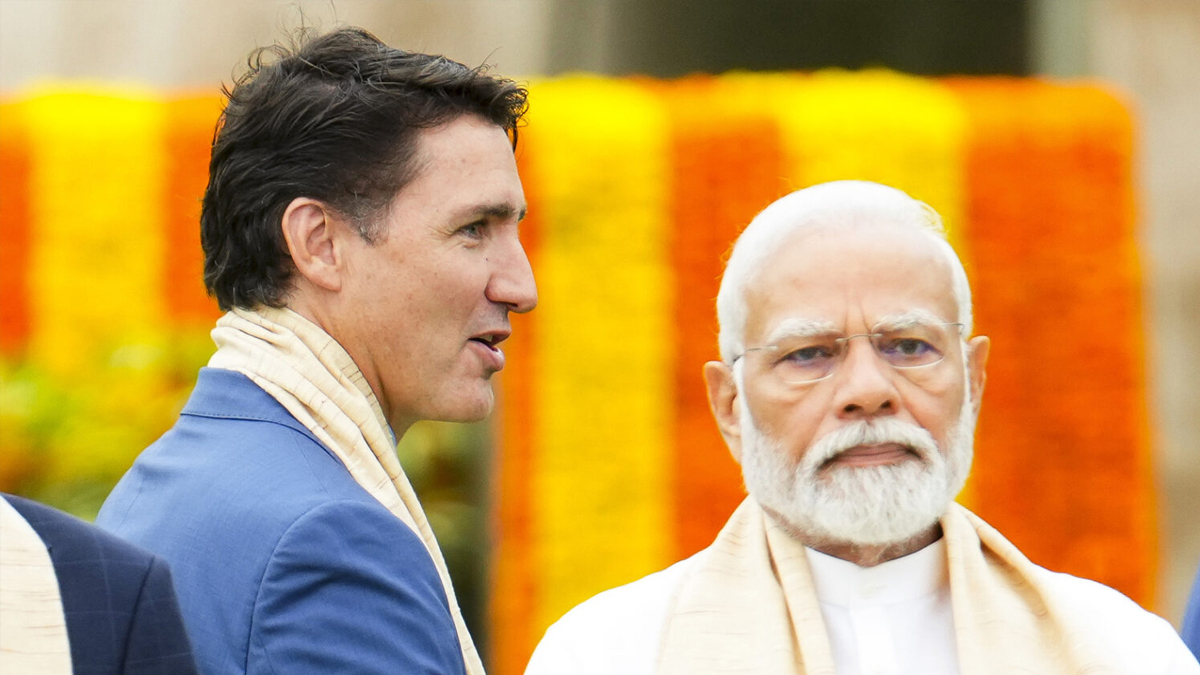
canada, india row heat up after sikh leader’s murder
Canada and India have both expelled senior diplomats of each other’s countries after Canadian Prime Minister Justin Trudeau linked the Indian government to the murder of a Sikh leader and said that the murder on Canadian soil was violation of their sovereignty.
The contention between the two side is linked with the murder of Hardeep Singh Nijjar, 45-year-old Sikh activist, who was shot dead outside a Sikh temple on June 18 in Surrey, a Vancouver. Hardeep Singh Nijjar was a vocal proponent of a Sikh Khalistani state. He was designated as a terrorist by India in July 2020.
In a tit-for-tat exchange, India has ordered the departure of a senior Canadian diplomat from its territory within a five-day timeframe, following Ottawa’s expulsion of an Indian diplomat. This recent escalation in tensions stems from the earlier killing of a Sikh separatist this year.
New Delhi’s decision to expel the Canadian diplomat reflects its mounting apprehension regarding Canadian diplomats’ interference in India’s internal affairs and their involvement in activities deemed detrimental to India, as stated in a ministry announcement on Tuesday.
These reciprocal expulsions occur amid strained relations between Canada and India, resulting in the disruption of trade talks and the cancellation of a planned trade mission to India by Canada later this year. The actions were prompted, in part, by protests from pro-Sikh independence groups in Canada, actions that have provoked the ire of Prime Minister Narendra Modi’s government.
On Monday, Ottawa announced its active pursuit of credible allegations linking Indian government agents to the murder of Sikh separatist leader Hardeep Singh Nijjar outside a cultural center in Surrey, British Columbia, on June 18.
In the previous year, Indian authorities offered a monetary reward in exchange for information leading to the arrest of Hardeep Singh Nijjar. They had accused him of being linked to an alleged attack on a Hindu priest in India.
Read More: G77+China seeks new world order for economic prosperity
The Sikh independence movement, known as the Khalistan movement, is prohibited in India, where it is perceived by officials as a significant national security concern. However, this movement continues to find support in northern India and in countries like Canada and the United Kingdom, which have substantial Sikh diaspora populations.
Read More: Bermuda becomes world’s most expensive place to live
Canadian Prime Minister Justin Trudeau disclosed during a parliamentary session on Monday that he had discussed the killing of Hardeep Singh Nijjar with Prime Minister Narendra Modi during the recent Group of 20 (G20) summit in New Delhi. Trudeau emphasized that he conveyed to Modi that any involvement by the Indian government would be deemed unacceptable and requested cooperation in the ongoing investigation.



